

~ by Swami Parthasarathy Veda means knowledge and anta means the end. The term Vedanta literally means ‘the end of knowledge” or “the highest knowledge”. Vedanta is...
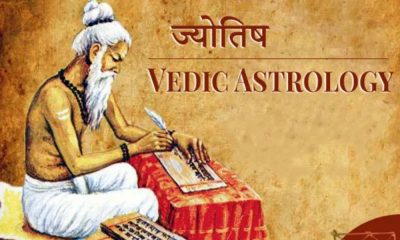

~ Subhamoy Das The unpredictability of future has always driven mankind willy-nilly to the soothsayers. But can the future be truly foretold? The question is highly...
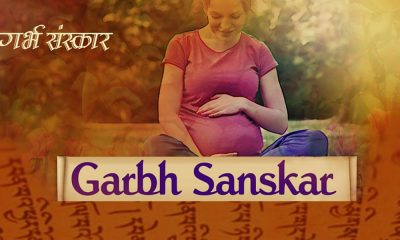

~ By Pallavi Tyagi The Sanskrit word Garbh means foetus in the womb and Sanskar means educating the mind. So, Garbh sanskar essentially means educating the...
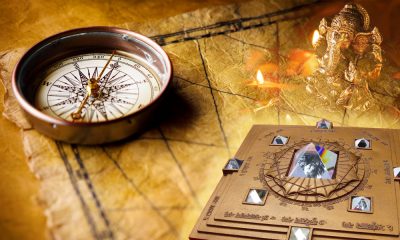

Vaastu shastra, an ancient art and science of Indian architecture, explains the practices of constructing buildings which ensures a harmony between man and the five elements...
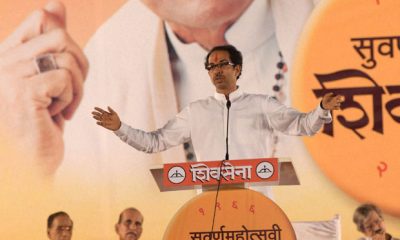

Maharashtra CM also takes on BJP and its Bihar ally Nitish Kumar, defends Mumbai Police and son Aaditya Thackeray in Sushant Singh Rajput death case. Mumbai: Maharashtra...


The fourth set of stimulus measures could include an infrastructure push with focus on urban projects, sectoral intervention for sectors like hospitality and tourism, and extension...
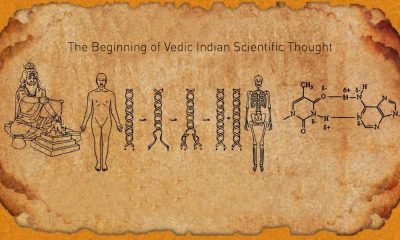

The beginning of Indian scientific thought are traced to the same source as those of Indian metaphysics and religion, the Rig Veda. In Vedas, there are...
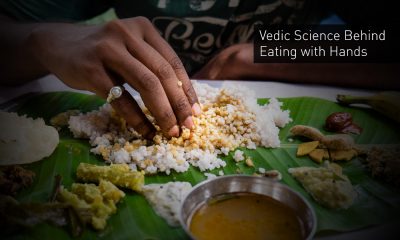

~Bri. Maya Tiwari In Vedic tradition, we eat with our hands because the five elements within them begin to transform food and make it digestible even...
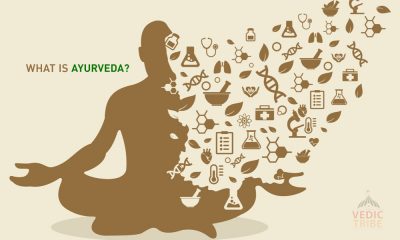

The Sanskrit term Ayurveda translates to “knowledge of life,” and the principles of this ancient wisdom remind us that the entire web of life is intricately...
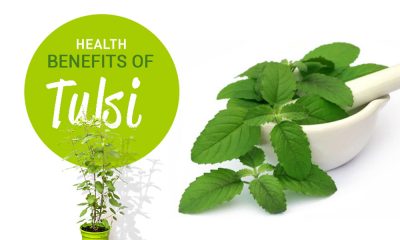

Referred as the “Queen of Herbs” and a symbol of purity, Tulsi or better known as Basil, is a popular household name in India. Worshipped in...